Specter of famine rises in Haiti as gang violence escalates
A significant portion of Haiti's population is facing food insecurity due to the escalation of gang violence throughout the country, leading to the risk of famine, international organizations say.
According to the World Food Programme (WFP), Haiti is currently experiencing its most severe levels of food insecurity ever recorded, where individuals are resorting to extreme measures and accumulating additional debt as armed groups continue to seize farmlands and pilfer crops.
WFP data suggests that over 44 percent of Haiti’s people suffer from acute hunger (4.35 million people), while 1.4 million people face emergency levels of hunger and require urgent assistance to survive.
"Rising hunger is fueling the security crisis that is shattering the country. We need urgent action now - waiting to respond at scale is not an option," said Haiti’s WFP director, Jean-Martin Bauer.
One of the poorest in the world, the Caribbean nation has been engulfed in a state of turmoil as rival gangs have initiated a series of assaults this month, which encompassed targeted strikes on police stations and the international airport.
The ongoing conflict has resulted in the loss of numerous lives and the displacement of hundreds of thousands of individuals.
UN data says that over the course of the past two weeks this month, more than 30,000 individuals have sought refuge from violence and scarcity in the capital, the majority of whom were already displaced from their homes, either residing in camps or staying with other families.
The Integrated Food Security Phase Classification (IPC) identifies eight areas which are assessed to be in an emergency phase, the worst level before famine.
The regions affected by the escalating gang violence encompass various areas, namely the Artibonite valley, which serves as the agricultural hub of Haiti and has suffered significant damage due to the expansion of gangs from the capital city of Port-au-Prince.
The rural sections of the Grand-Anse peninsula and certain districts within the capital, including the impoverished Cite Soleil district, have also been adversely impacted.
Local authorities are working towards establishing a transitional council, as prime minister Ariel Henry has committed to step down upon its formation.
However, Henry is currently unable to return to the country as he is stranded abroad following a trip to Kenya to negotiate the deployment of an international security force. The initiative has been postponed for the time being.
The IPC report revealed that just 5% of the Haitian population had been provided with humanitarian food assistance, while the WFP stated that their operations were severely lacking in funding.
Bangladesh deploys security forces as protests grow over killing of student leader
Putin: Ukraine ceasefire hinges on West, Kiev
Over 1,000 patients have died awaiting evacuation from Gaza since July 2024: WHO
‘Profound moral aberration’: Iran slams US sanctions on ICC judges
Egypt’s gas deal funnels $35bn to Israeli coffers
Yemen rallies against Qur'an desecration as tens of thousands march in Sa’ada
‘Grotesque colonial fantasy’: Venezuela's UN envoy hits back at Trump over oil remarks
Farmers say EU leaders ‘don’t care’ about real problems


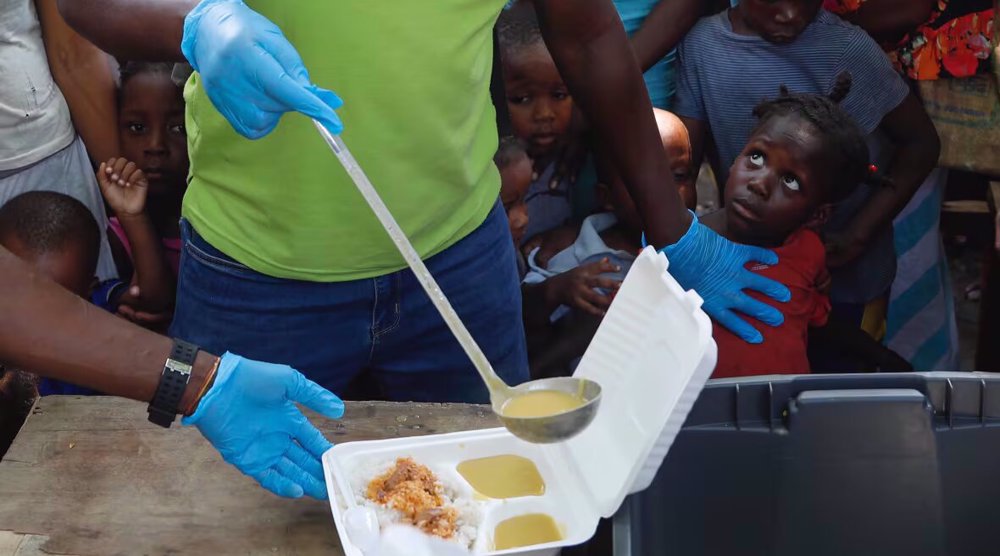






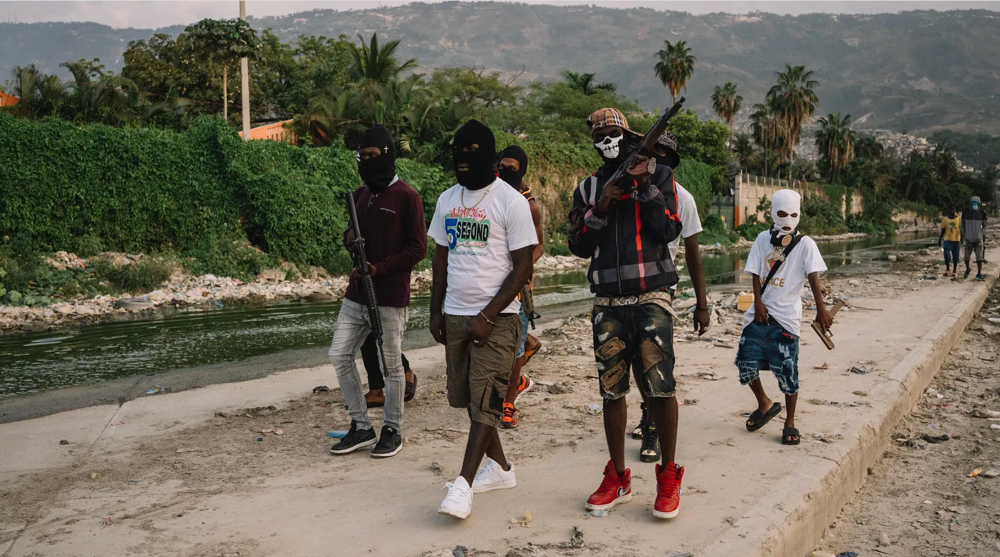
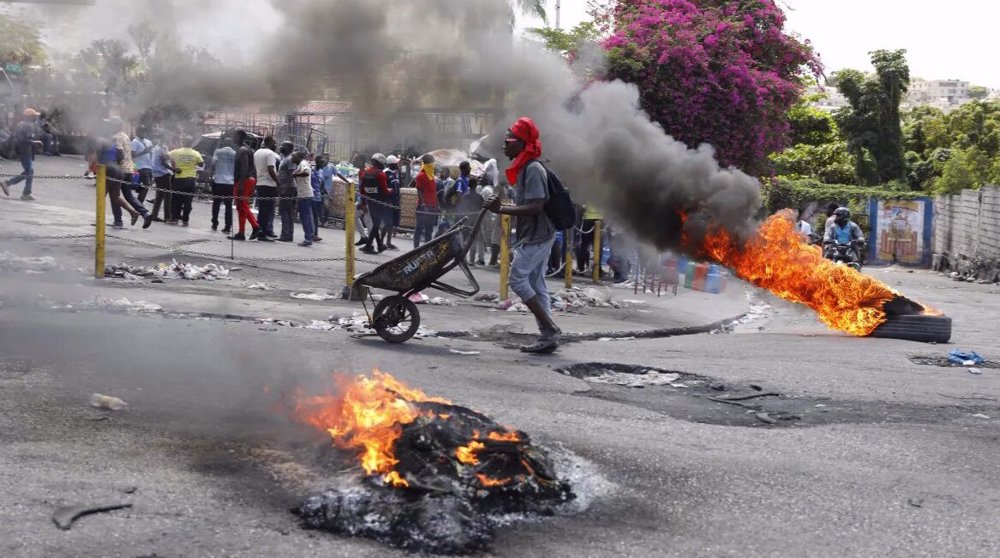
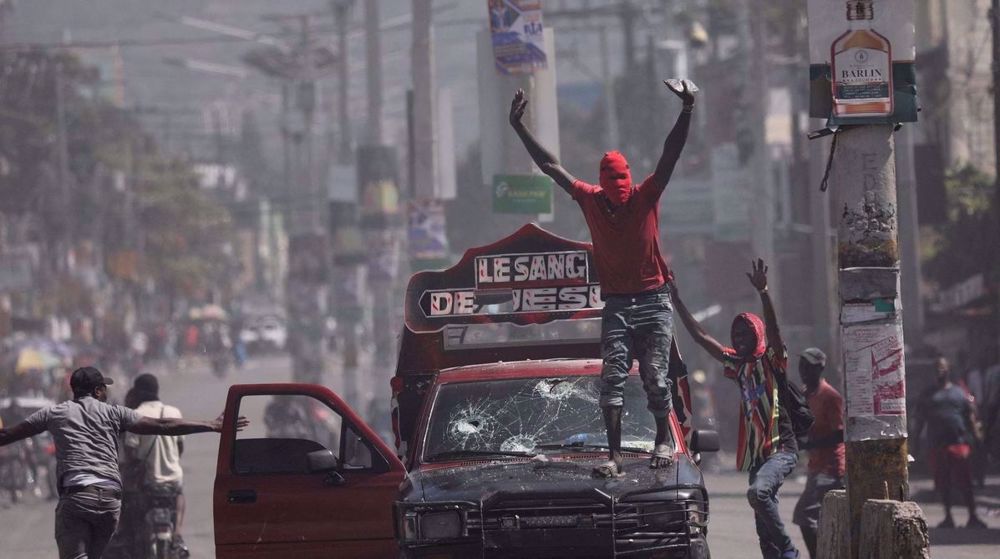
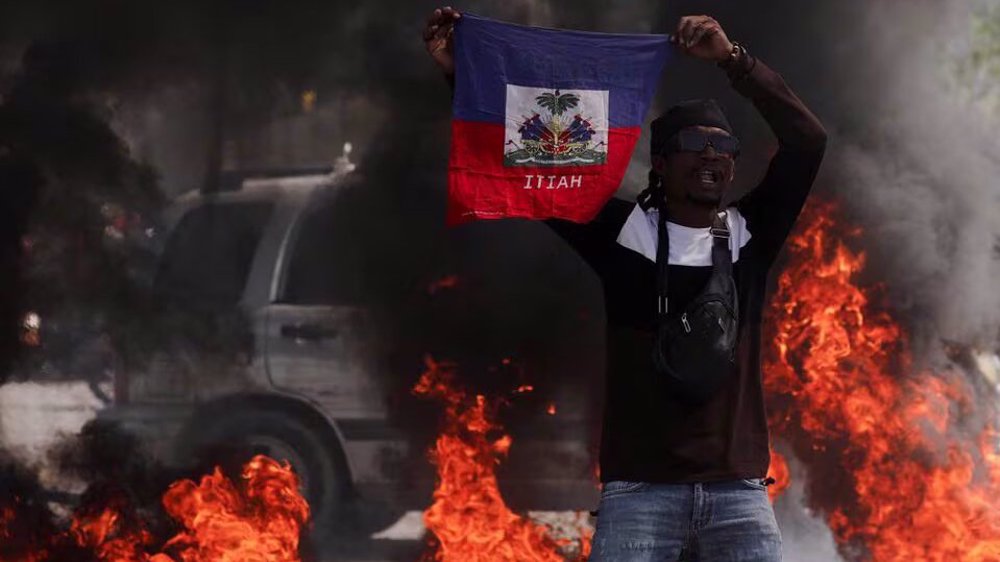
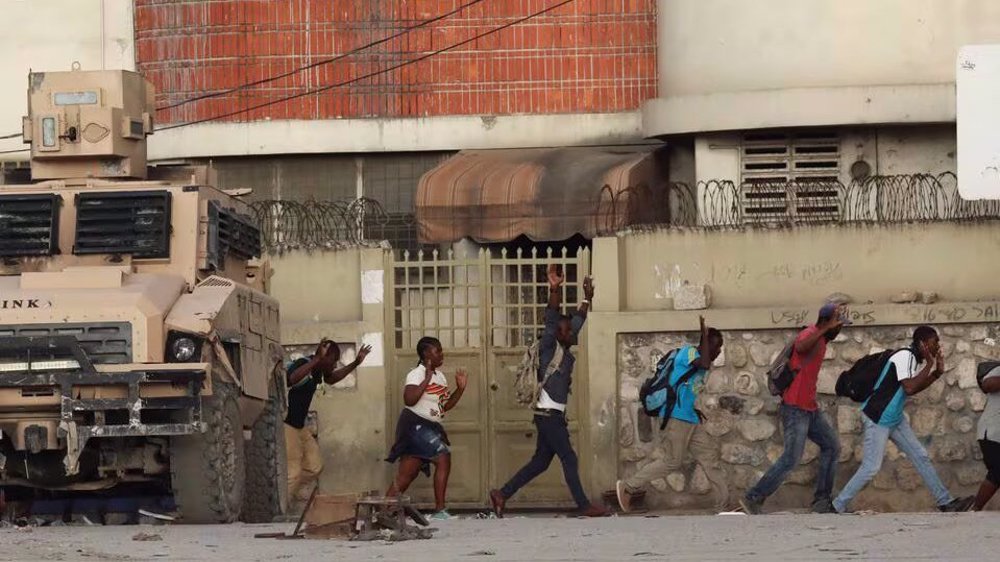
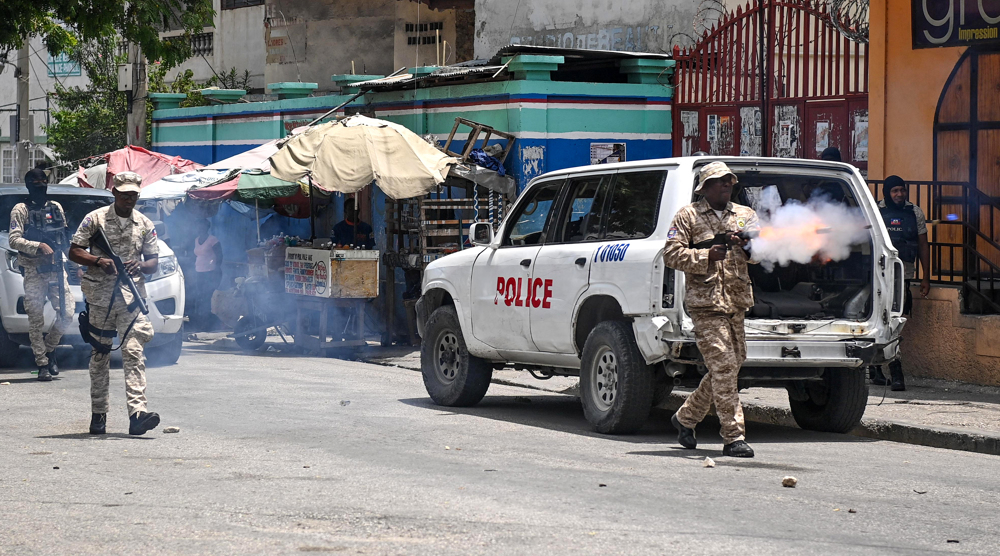
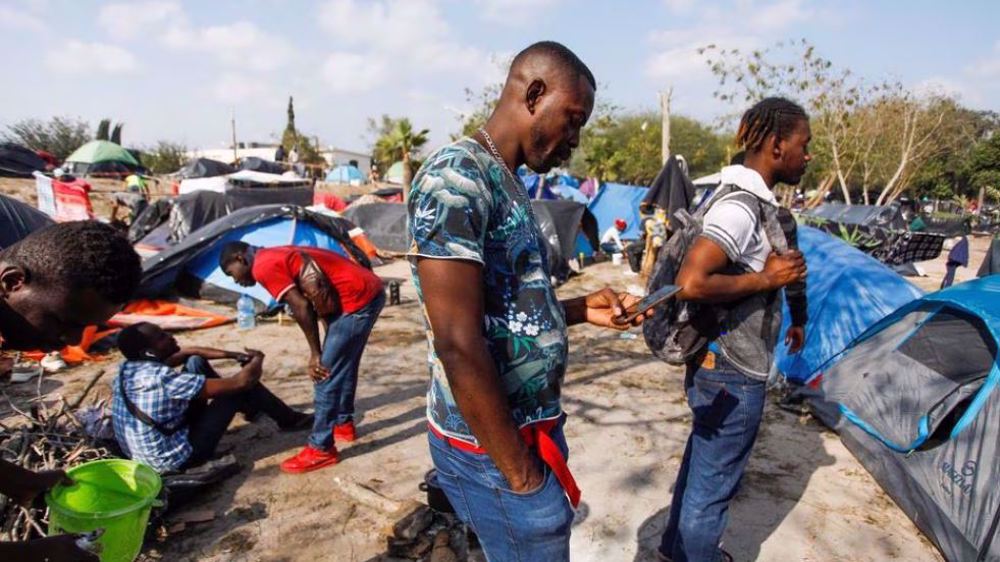
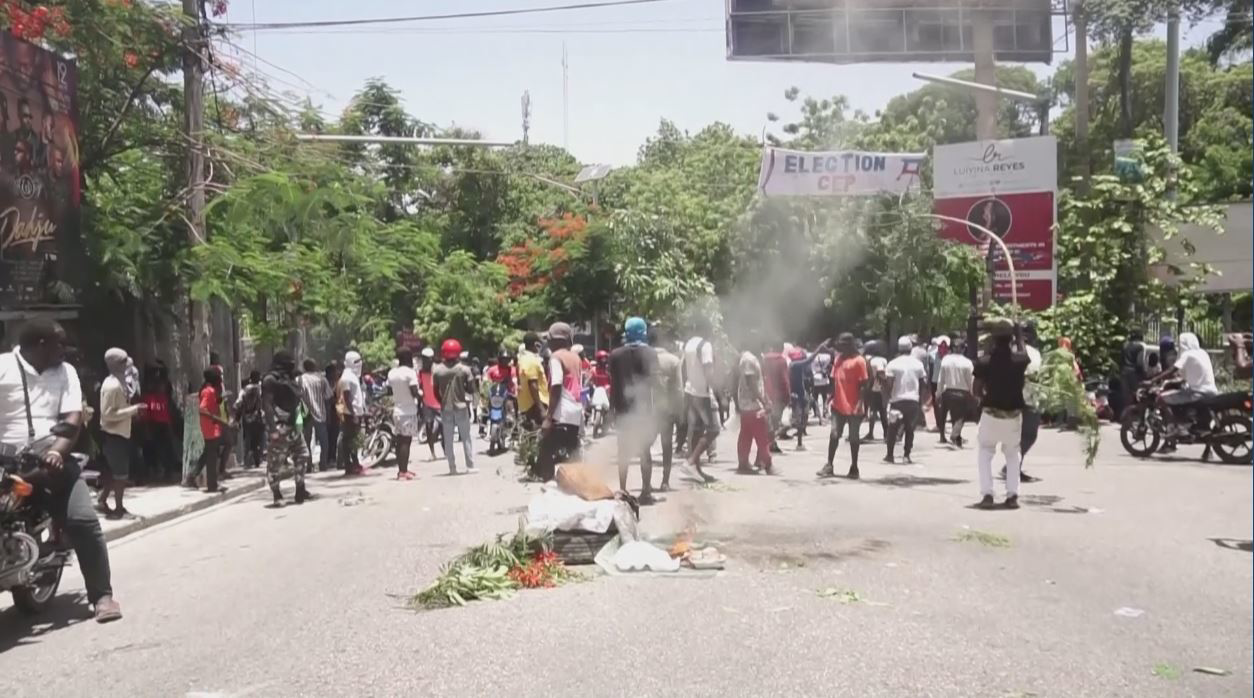
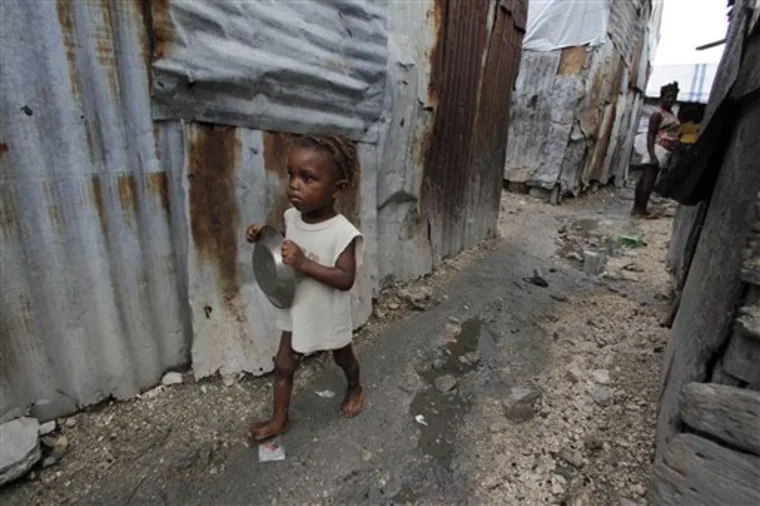

 This makes it easy to access the Press TV website
This makes it easy to access the Press TV website